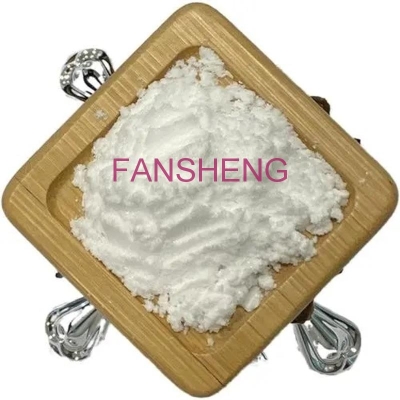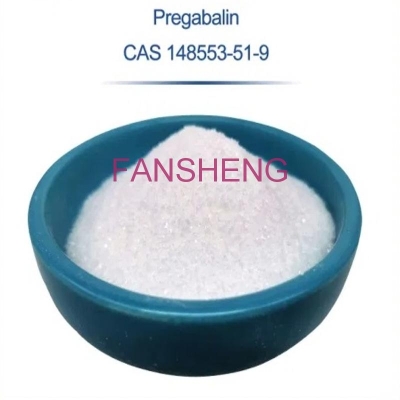-
Categories
-
Pharmaceutical Intermediates
-
Active Pharmaceutical Ingredients
-
Food Additives
- Industrial Coatings
- Agrochemicals
- Dyes and Pigments
- Surfactant
- Flavors and Fragrances
- Chemical Reagents
- Catalyst and Auxiliary
- Natural Products
- Inorganic Chemistry
-
Organic Chemistry
-
Biochemical Engineering
- Analytical Chemistry
- Cosmetic Ingredient
-
Pharmaceutical Intermediates
Promotion
ECHEMI Mall
Wholesale
Weekly Price
Exhibition
News
-
Trade Service
The outbreak of COVID-19 constitutes a public health crisis at the international level .
The neurological deficit may last for a while .
For example, some patients will experience dizziness, headache, fatigue, and loss of smell for a long time after the initial recovery period .
This long-term cognitive dysfunction is called Post-COVID-19 Nervous System Syndrome (PCNS) , which has attracted more and more attention from researchers
COVID-19 The outbreak of COVID-19 constitutes a public health crisis at the international level
A study by Daniella Winter and Yoram Braw from Ariel University in Israel evaluated the impact of diagnostic threats (i.
e.
information about the long-term neurological effects of new coronary pneumonia ) and hints on the recognized symptoms of recovered patients and healthy controls .
They randomly divided the recovered COVID-19 patients and healthy control groups into a diagnostic threat state (i.
e.
, the subject received information about neurological symptoms related to PCNS) and a control state (i.
They randomly divided the recovered COVID-19 patients and healthy control groups into a diagnostic threat state (i.
CFQ (Cognitive Impairment Questionnaire) Differences between total groups
CFQ (Cognitive Impairment Questionnaire) Differences between total groupsImplied difference in total CFQ score between the diagnostic threat group (n = 155) and the control group (n = 144)
Implied difference in total CFQ score between the diagnostic threat group (n = 155) and the control group (n = 144)Rehabilitation patients (n=90) and healthy controls (n=210) described their cognitive functions after being randomly assigned to the following groups: (a) Experimental group: These participants read an article that discussed Long-term neurological symptoms in survivors of new coronary pneumonia
.
(b) Control group: These participants read an article and provide general information about the disease
Rehabilitation patients (n=90) and healthy controls (n=210) described their cognitive functions after being randomly assigned to the following groups: (a) Experimental group: These participants read an article that discussed Long-term neurological symptoms in survivors of new coronary pneumonia
Compared with the control group, the patients who recovered under the experimental conditions, rather than the healthy control group, agreed with more symptoms
COVID-19 Neurological symptoms after COVID-19 may be at least partially affected by non-neural factors such as the threat of diagnosis
Current research has contributed to diagnostic threats and informative literature by focusing on the current COVID-19 pandemic
In summary, current research suggests that information about COVID-19 may have clinical significance and, in some cases, may increase subjective neurological complaints due to the harmful effects of diagnostic threats
Original source
COVID-19: Impact of diagnosis threat and suggestibility on subjective cognitive complaints.
https://doi.
org/10.
1016/j.
ijchp.
2021.
100253 Leave a message here







